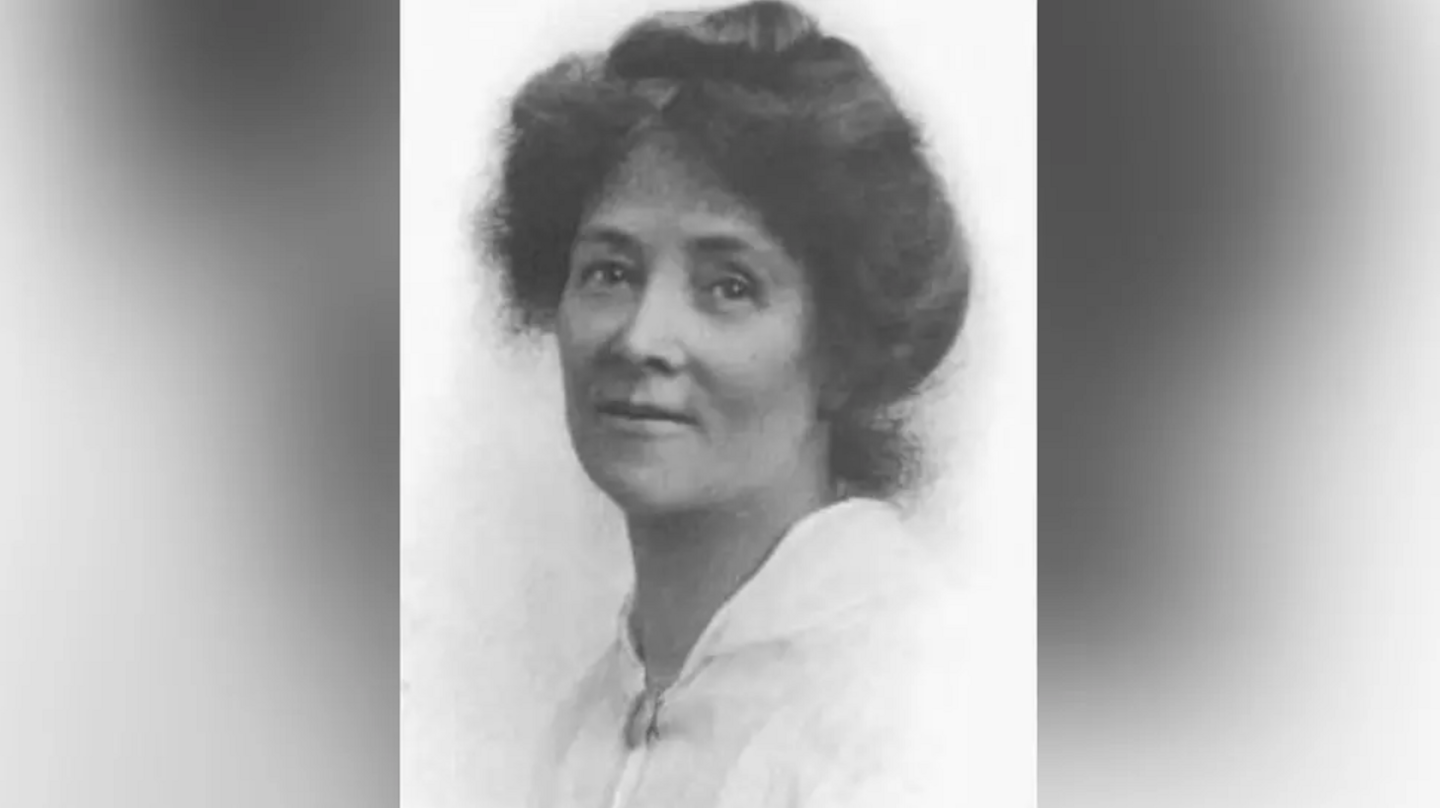The feminists who fought for change in 1980s Brum
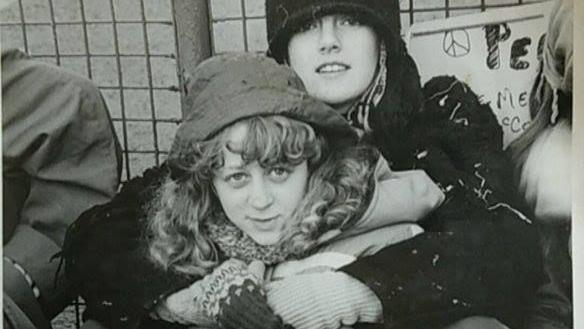
Emma Woolf, left, helped to run city-wide projects for women despite opposition
- Published
When 21-year-old Emma Woolf looked around her in mid-1980s Birmingham, she saw plenty of things for women to be angry about.
The UK had its first female prime minister in Margaret Thatcher, but in everyday life many women were still overlooked and underpaid – and they wanted to do something about it.
“I was in a group of women who went: ‘No. We're having what we want and we will be fighting for it,’” said Ms Woolf, now 61.
She was one of a group of 1980s feminists in Birmingham who came together to put on city-wide events for women, battling accusations that this was a “waste of money”.
A new podcast,, external put together by researchers at Birmingham City University (BCU), hopes to showcase this little-known part of the city’s history for today’s Brummies.
It follows the Women’s Committee and the Women’s Unit, two council bodies that were set up in 1984 and hired women to carry out trailblazing projects.
These included a week-long women’s festival, a free directory that listed women’s groups and services, and a report on low pay that highlighted issues within the council itself - issues that still blight the local authority 40 years later.
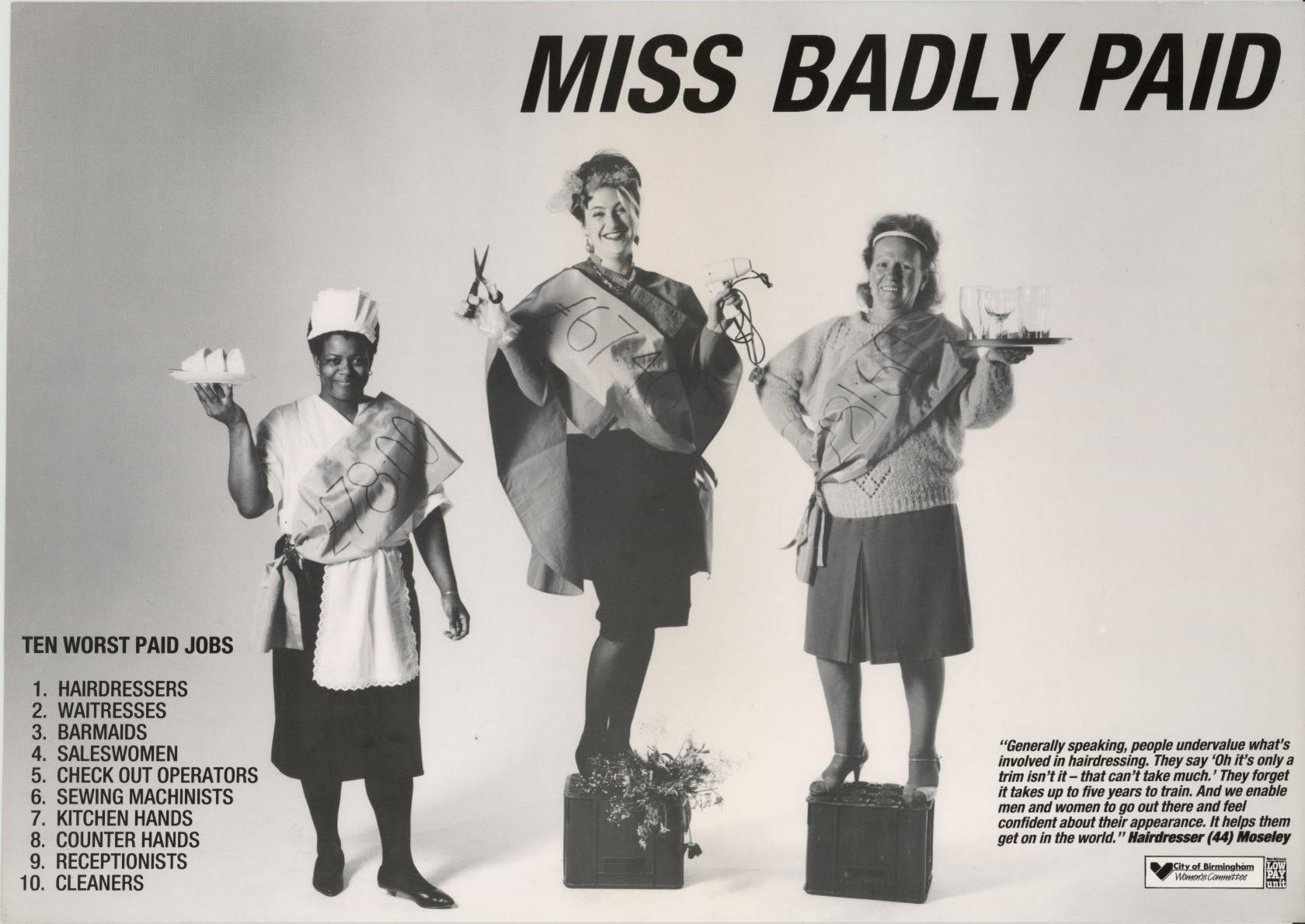
One project included a poster series to raise awareness about low pay
A budding activist, 23-year-old Ms Woolf jumped at the chance to run the festival when she saw the job advert.
She remembers the 1980s as “a very politically active time” for female campaigners - equal pay laws were strengthened in 1984 but court wins were rare, while a private members' bill proposed curbs on abortion.
Women also played a key role in the miners’ strikes and set up an anti-nuclear peace camp in Berkshire that she visited.
"[We were] in a series of never-ending battles," she said.
They also faced everyday discriminations, she said, such as fighting to be called “Ms” instead of “Miss” or “Mrs”, and being asked in job interviews when they planned to have children.
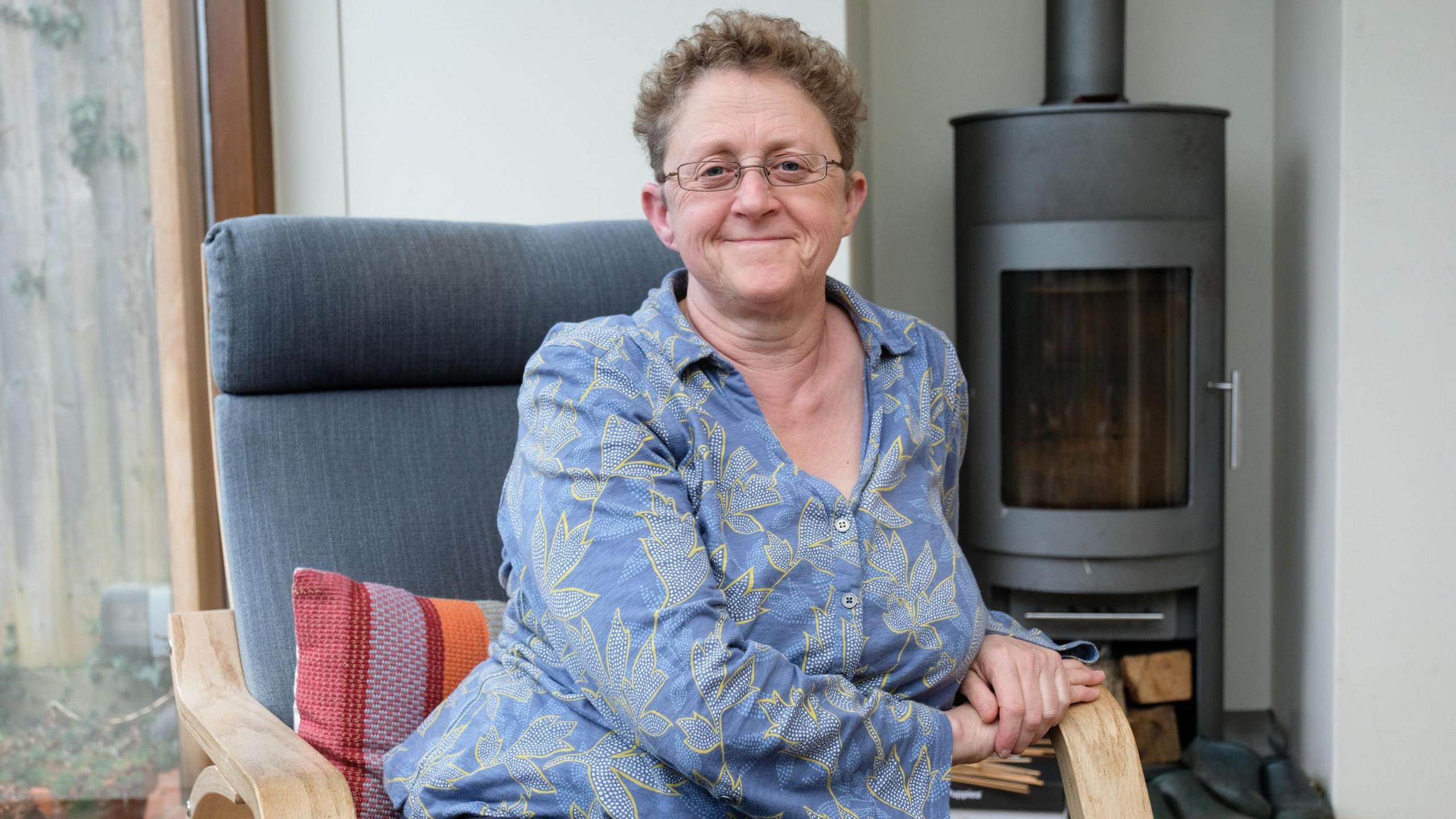
Ms Woolf went on to run a range of community groups and was awarded an MBE in 2014
The festival, called ‘Women Celebrate’, took place in 1987 with over 170 events across Birmingham.
Female politicians held a panel debate, women took part in exercise sessions and theatre performances and there were also language classes for migrant women.
Ms Woolf, of Cotteridge, said it brought together women's groups that, in the pre-internet age, may otherwise not have met and helped them to be "part of something bigger”.
Dividing opinion
Not everyone was supportive.
The festival faced criticism in the press and one local councillor called it an "absolute disaster".
“The women of Birmingham did not want this festival and the taxpayer has had to foot the bill for it,” Bournville councillor Alan Blumenthal told the Birmingham Mail in 1988.
Yet many Brummies backed the festival and it ran every year until 1996.
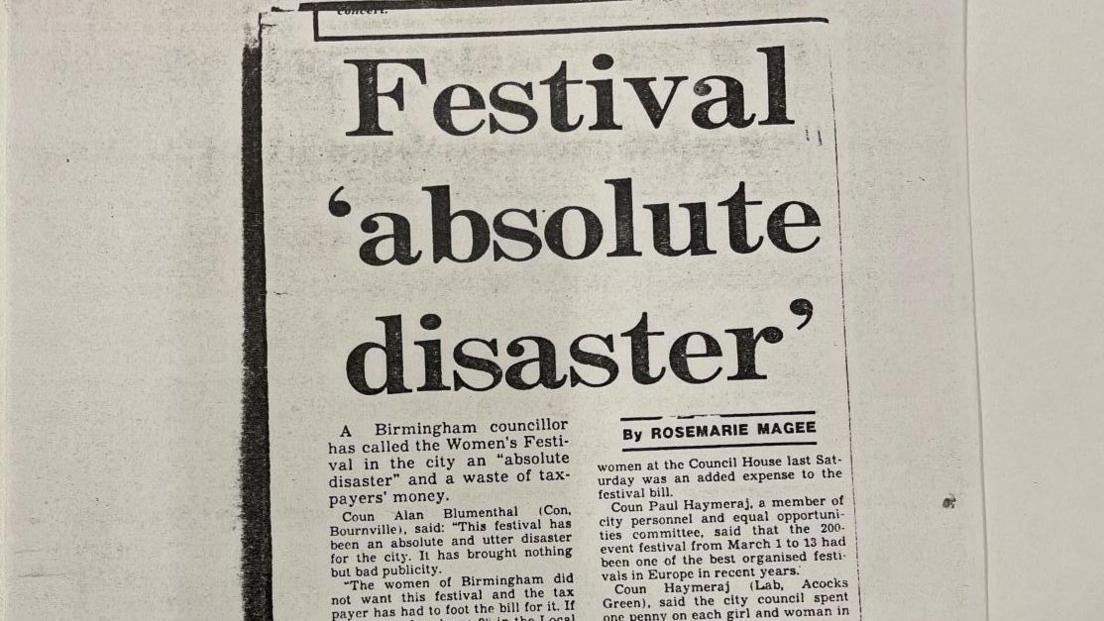
The women's projects were criticised by some opposition councillors
The new podcast, external is part of a BCU project called Gender Equality: 40 Years On!, which has created an archive about the Women’s Committee and the Women’s Unit.
Annette Naudin, an associate professor who has led the project, said she hoped this would ensure that the women's "legacy isn't forgotten".
She added: “The more I talked to people, the more I felt a lot of people in Birmingham didn't know about [this] activism.”
Ms Naudin said a number of UK councils had women’s committees in the 1980s, such as the Greater London Council, but their work had not been well documented.
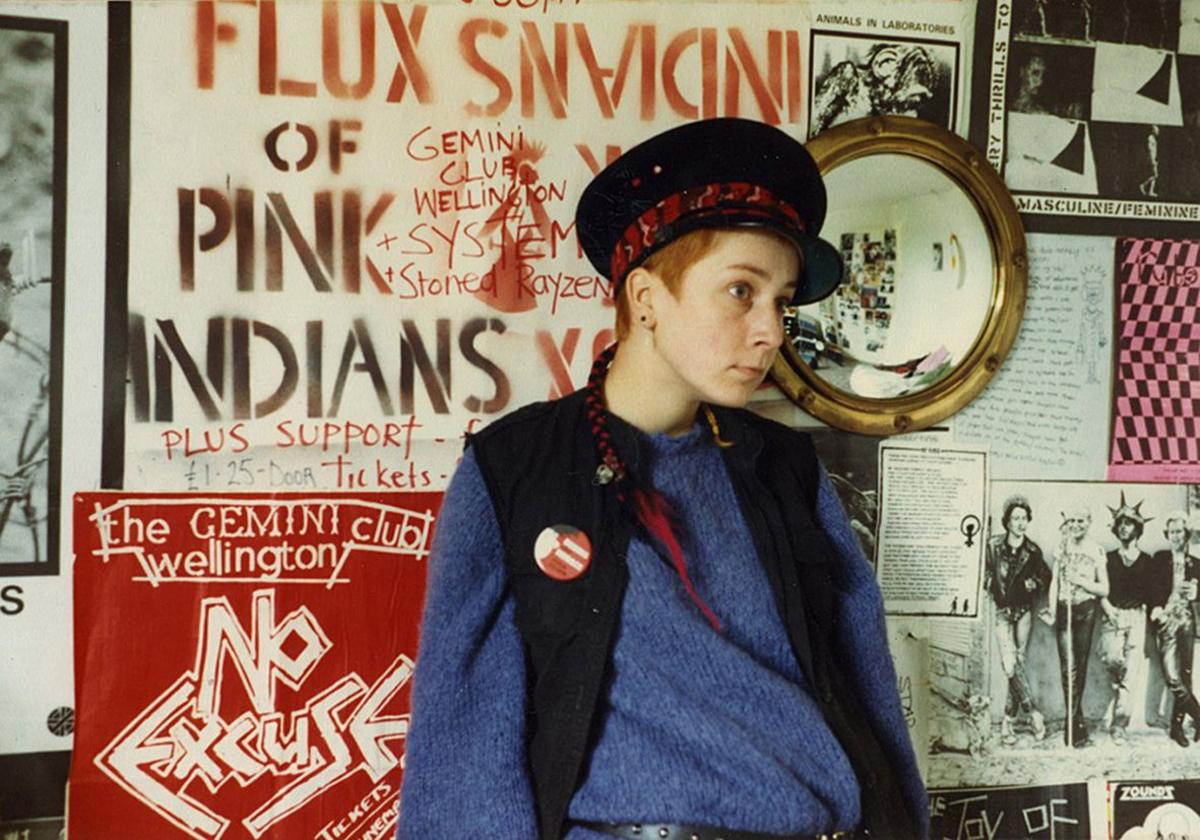
Photographer Ming de Nasty helped to make the low-pay poster series
Ming de Nasty, a photographer, said there was a buzz in Birmingham's women's rights scene in the 1980s and “you did feel like you could make a positive change".
Now 61, she moved to the city in 1984 and made a feminist fanzine called Raw Eggs, attended anti-nuclear protests and photographed punk bands.
She also helped the photographer Rhonda Wilson to create a poster series for the Women’s Committee, to promote the findings of its low pay report.
The report’s findings were “controversial” within the council because “it turned the spotlight” on the local authority itself, according to a written account by Barbara Webster, who was the head of the Women’s Unit at the time.
She said the report highlighted pay disparities between manual workers in female-dominated roles such as cleaners, versus male-dominated roles such as refuse collectors, with the latter receiving bonuses negotiated by their unions on top of their basic salary.
Birmingham City Council still faces equal pay issues today - the local authority currently faces a bill of up to £760m to settle claims on top of £1.1bn already paid out.
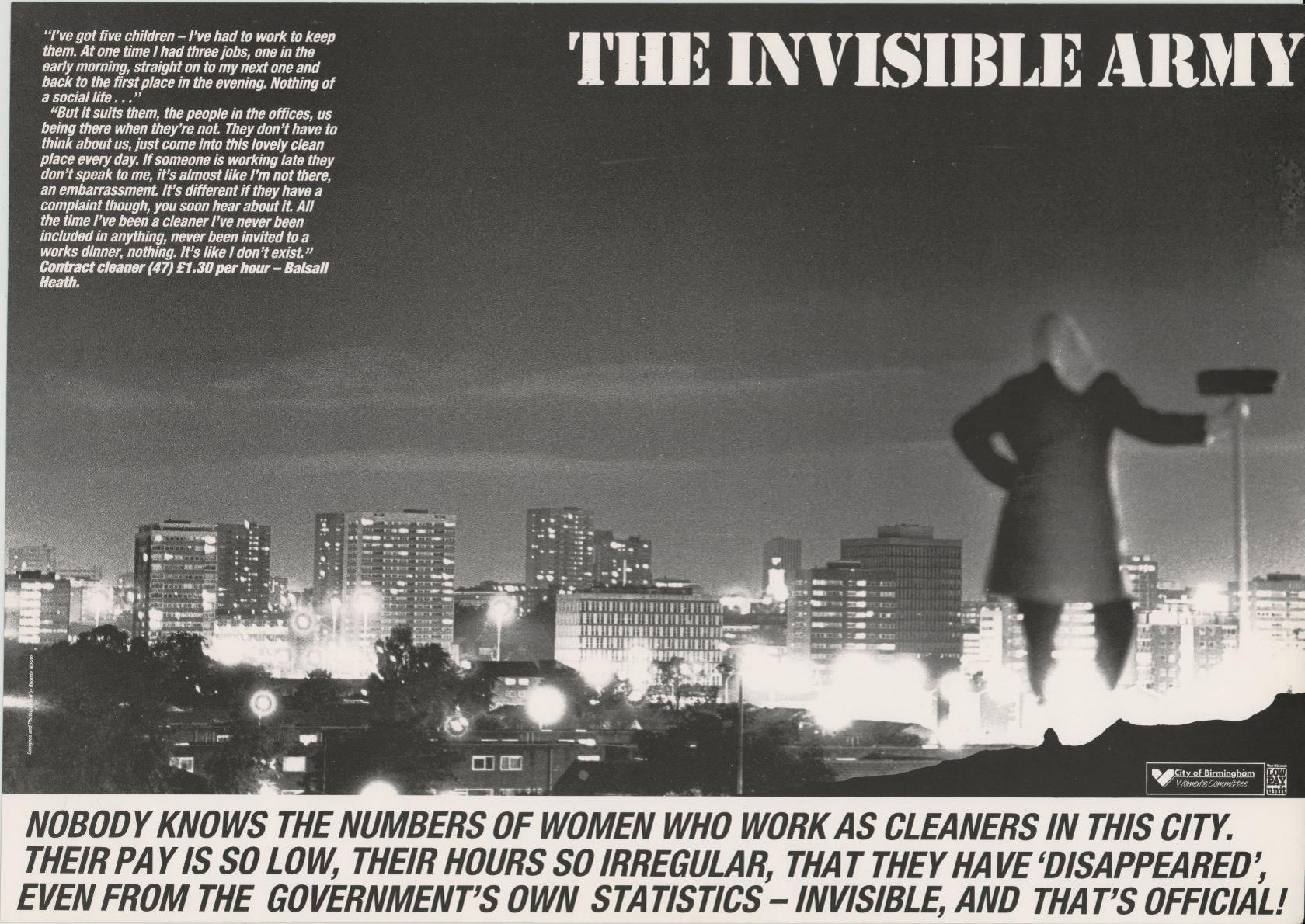
Ms de Nasty posed in this poster, which described Birmingham’s cleaners as “an invisible army”
The 1980s posters, which toured libraries and community centres, used satirical humour. One showed women in low-paid jobs posing as if in a beauty pageant.
She said "people got really excited" about the images, which highlighted an issue "that needed talking about".
Yet the Women’s Committee, which had brought activists like Ms Woolf and Ms de Nasty together, was to be relatively short-lived.
The council replaced its women’s committee and its race relations committee with a single equalities group after three years in 1987, sparking a protest outside its offices.
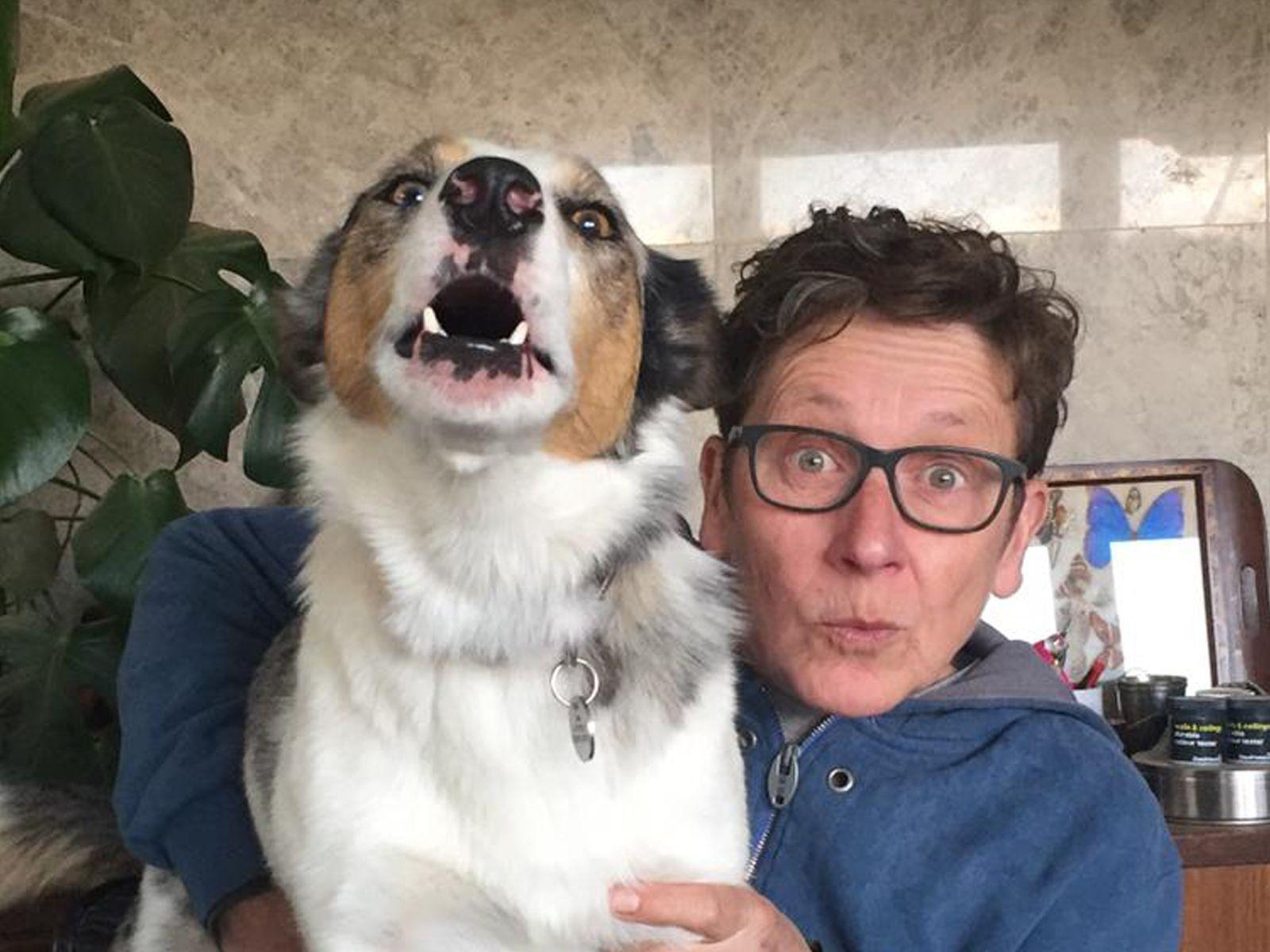
Ms de Nasty, now 61, said she hoped the podcast and archive would inspire today's young activists
Ms De Nasty hopes the podcast and archive will inspire younger women to build on what the 1980s activists achieved in that short spell, especially because issues such as equal pay, abortion rights and violence still affect so many women today.
“I hope they get inspired by it and I hope they'll go away thinking: ‘Women were doing it then, and we've got to carry it on,’” said Ms de Nasty, who now lives in Shropshire.
“Take the baton, carry it on.”
Get in touch
Tell us which stories we should cover in Birmingham and the Black Country
Follow BBC Birmingham on BBC Sounds, Facebook, external, X, external and Instagram, external.
Related topics
- Published17 September 2024
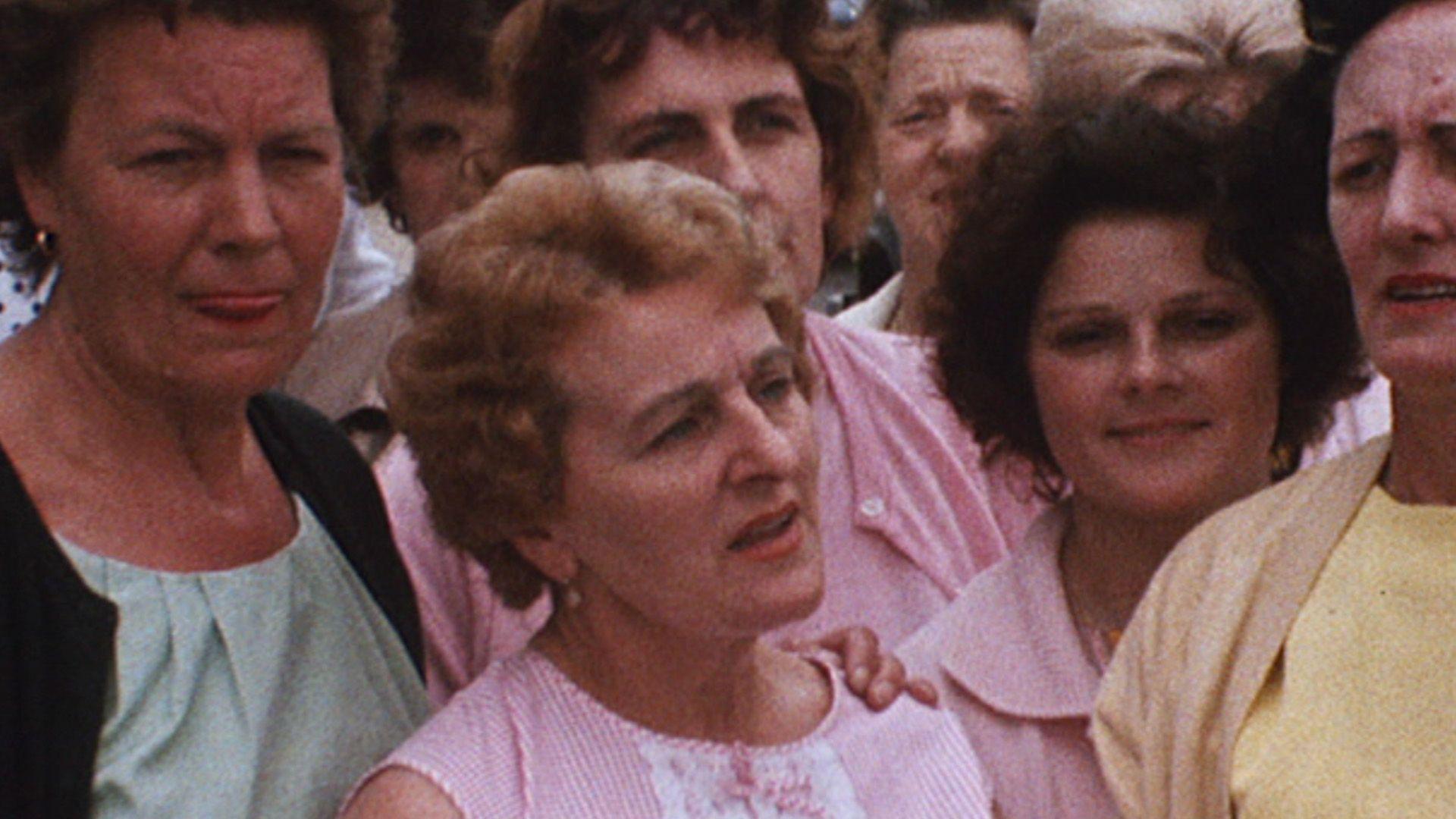
- Published12 February 2022
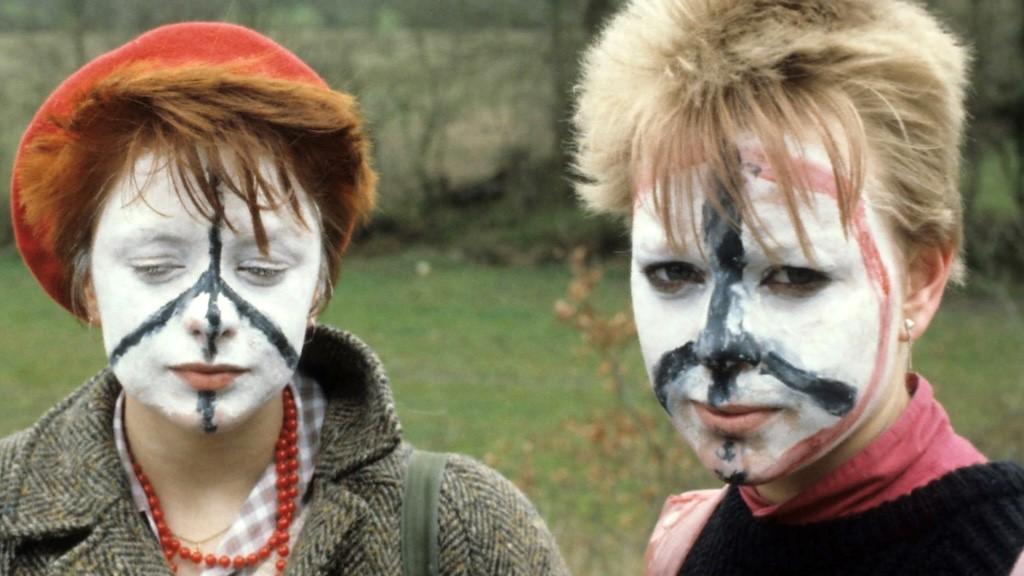
- Published18 July 2021
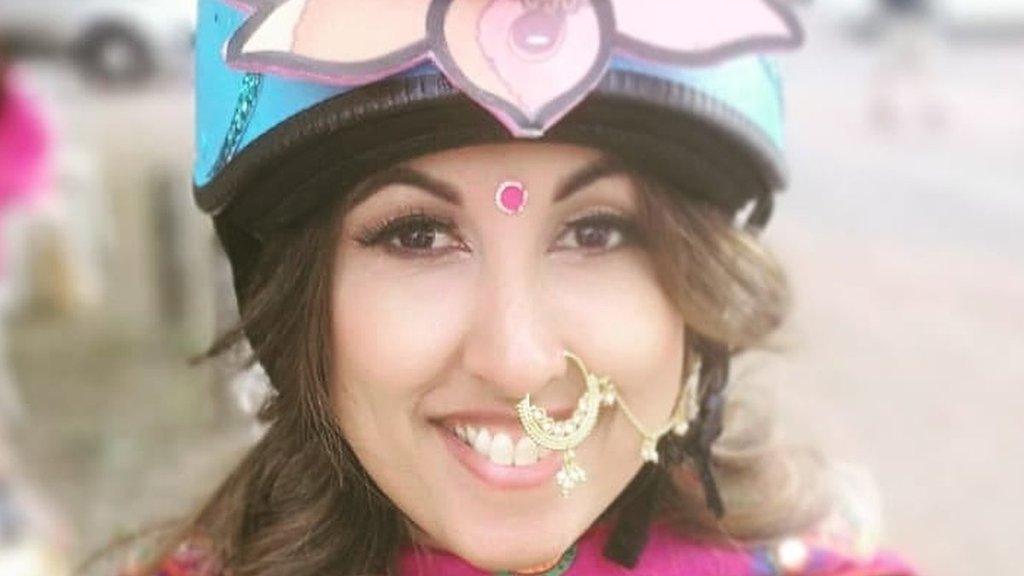
- Published19 September 2024
